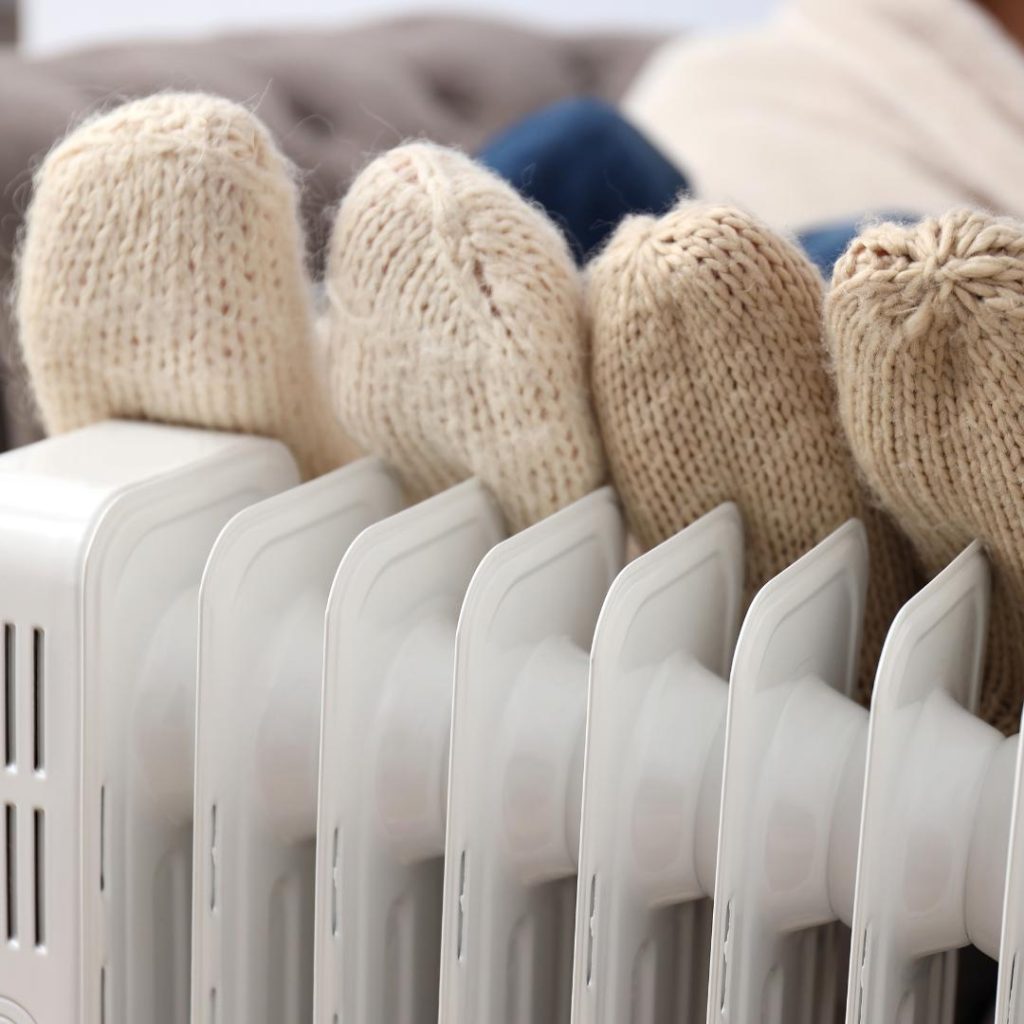No ban on fossil heating systems in the renewable heat package

This week, the Austrian ÖVP-Greens government presented the new Renewable Heat Package (EWP), which, unlike previously thought, does not contain a scenario for phasing out fossil fuels with a clear ban on gas and oil heating systems in existing residential buildings. Instead, the government is focusing on incentives for "greener" heating alternatives. This has led to a great deal of criticism from various quarters, including environmental associations and the Austrian Renewable Energy Umbrella Organization (EEÖ).
The installation of gas heating systems in new buildings is to be banned in 2024, although it is questionable whether this can be passed by the National Council in time. Otherwise, instead of bans and phase-out paths, there will be subsidies for the replacement of existing boilers and thermal refurbishments amounting to one billion euros by 2026. In addition, VAT on photovoltaic systems is to be suspended, which will cost 650 million euros according to the government.
"The world has moved on"
"Anyone who replaces their old heating system will have three quarters of it replaced on average," said Climate Protection Minister Leonore Gewessler (Greens). In addition, subsidies for low-income households and funding for the Climate and Energy Fund are to be increased. "The renewable heat package differs significantly from the government's proposal, which was correct and I stand by that, but the world has moved on," she said. The original plan was good, but it no longer works today, "which is why I have made the decision to change it", she continued.
"Kneeling before the lobby"
Martina Prechtl-Grundnig, Managing Director of the umbrella organization Renewable Energy Austria (EEÖ), describes the renewable heat package presented by the government as a "knee-jerk reaction to the oil and gas lobby". According to her, the main point of criticism is the lack of commitment to retrofitting the existing 1.4 million oil and gas heating systems. According to Prechtl-Grundnig, the coalition is making funding promises for the budgets of future years and future governments and is shirking clear legal provisions. The managing director of the umbrella organization sees the subsidies, especially for low-income households, as positive, but an announced "warm shower of money" cannot replace investment security for households and the economy.
"Actually finished negotiating"
Prechtl-Grundnig recalls that the Renewable Heat Act had actually been finalized after more than 130 rounds of voting: "However, what was presented today has little in common with what was negotiated." In view of the climate crisis and developments on the energy markets, simply banning the installation of fossil fuel heating systems in new buildings is not enough.
More than 30 percent of total energy consumption in Austria is used for space heating every year - legal framework conditions in the direction of renewable energy sources would therefore have enormous leverage for an affordable heat supply and climate protection, says Prechtl-Grundnig and calls for the law to be repaired even before it is passed.
Lack of centralization requirement
According to Global 2000, switching from gas to other forms of energy in residential buildings is becoming "more expensive" and "more difficult". According to Global climate spokesman Johannes Wahlmüller, the reason for this is the lack of a "centralization requirement", which would have provided for a type of central heating system in residential buildings with several apartment owners.
Wahlmüller continues: "Centralization is particularly important in cities with many gas boilers. According to the city of Vienna, for example, around 600,000 gas boilers are installed. "If you don't have that, it's difficult to convert individual gas boilers because the apartment owners have to agree," says Wahlmüller.
"Valuable opportunity wasted"
Jasmin Duregger, climate and energy expert at Greenpeace, comments on the EWP: "Anyone who takes climate protection seriously must fight Austria's dependence on fossil oil and gas on all fronts. However, the Renewable Heat Act remains toothless and does not set an end date for dirty oil and gas heating systems in Austria's homes." According to Greenpeace, the EEC has even been "almost completely undermined". Duregger continues: "Once again, the ÖVP, which sits on the ticket of the fossil fuel lobby and large landowners, has prevailed and is blocking climate protection. This Renewable Heat Act has wasted a valuable opportunity to finally put Austria on a fossil-free, clean course."
Cautiously positive
Despite this criticism, however, Greenpeace welcomes the subsidies for switching to renewable heating systems, which are intended to support financially disadvantaged households in particular, and also sees the ban on gas heating in new builds as positive.
Prechtl-Grundnig is also cautiously positive about the promised financial resources: "The high level of financial support for the heating replacement and the special consideration given to low-income households should be emphasized positively and welcomed! Nevertheless, for us as industry representatives, the question arises as to how these funds will be secured in the longer term. Elections will be held next year, and who will guarantee the long-term budgetary coverage of this support measure? Without long-term security, this measure cannot have any effect!"






